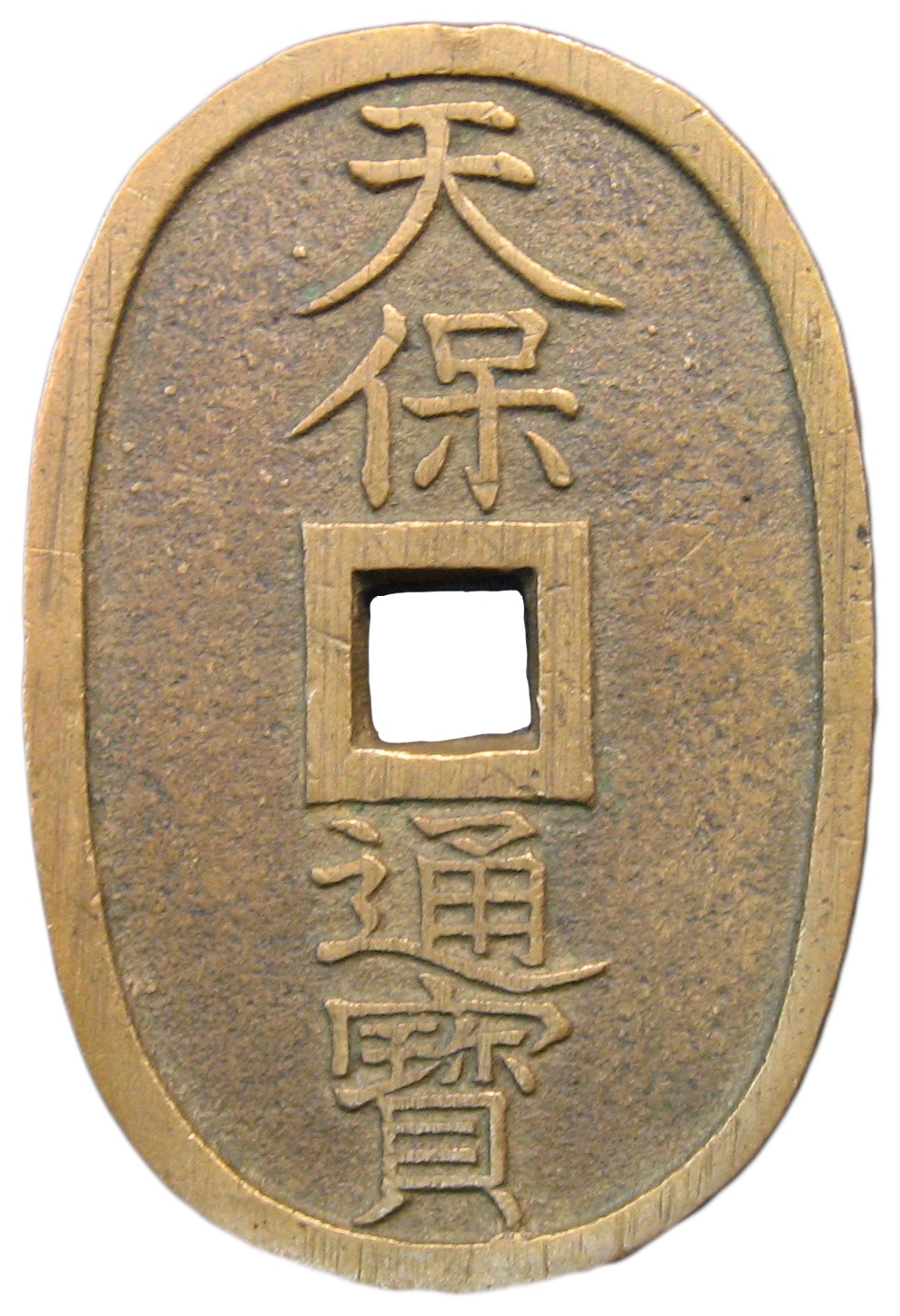1. Ex-Works、Ex-Factory
People know that export sales are exempt from Japanese consumption tax. And if you have paid a lot of domestic cost and expenses in the same fiscal year, you may think that you can claim for big consumption tax refund.
But you need to be careful. There is a possibly big easy trap that I experienced a lesson that could have become very costly.
In my experience, I have managed to persuade the tax office that it was export sales and let them refund of consumption. But I presume there have been numerous tax payers and tax accountants in Japan who suffered from similar experience and ended up having to pay huge tax bill. It is tricky.
Please do not give in easily when the tax office call you and say that they will reject your refund claim because it is not qualified as export sales. You need to examine the real situation and paper evidences that you have carefully. At the end of day in a tax court, it is a question of fact finding and evidences you can provide and you never know whether you will lose the case easily or they will give up their case.
As you may know, there are several modes of transport defined by Incoterms 2010 such as FOB and CIF.
Like CIF, DDU, FOB, the mode categories that start with “C”, “D” and “F” are probably safe to claim consumption tax refund. But the category that start with “E” (e.g. Ex-Works, Ex-Factory), you need to pay a special attention.
According to Incoterms definition, CIF is a mode where seller clears the goods for export and delivers them when they are onboard the vessel at the port of shipment. Seller bears the cost of freight and insurance to the named port of destination. Seller’s insurance requirement is only for minimum cover. Buyer is responsible for all costs associated with unloading the goods at the named port of destination and clearing goods for import. Risk passes from seller to buyer once the goods are onboard the vessel at the port of shipment .
Risk passes when the goods are on board of international trade vessel. Therefore it is an export sales and NOT a domestic sales.
In the opposite, the definition of Ex-Works by Incoterms is as following:
the seller fulfills his obligations by having the goods available for the buyer to pick up at his premises or another named place (i.e. factory, warehouse, etc.). Buyer bears all risk and costs starting when he picks up the products at the seller’s location until the products are delivered to his location. Seller has no obligation to load the goods or clear them for export.
So, the risk passes from seller to buyer in Japan. Therefore, it is a domestic sales (and subject to consumption tax).
2. Paper trail
You will have export permission from the customs when you export goods. The mode of transport is to be stated on the permission document. You need to double check it because if there is a mistake, you may be not able to claim the consumption tax back. Paper evidences matter when it comes to a tax audit.
3. Court Ruling in the past
The attached is the court ruling to the similar situation, where a Russian second hand car dealer won the case against Niitaga tax office when the tax office rejected to return the tax back.
Consumption tax is very risky event to tax accountants like me.
